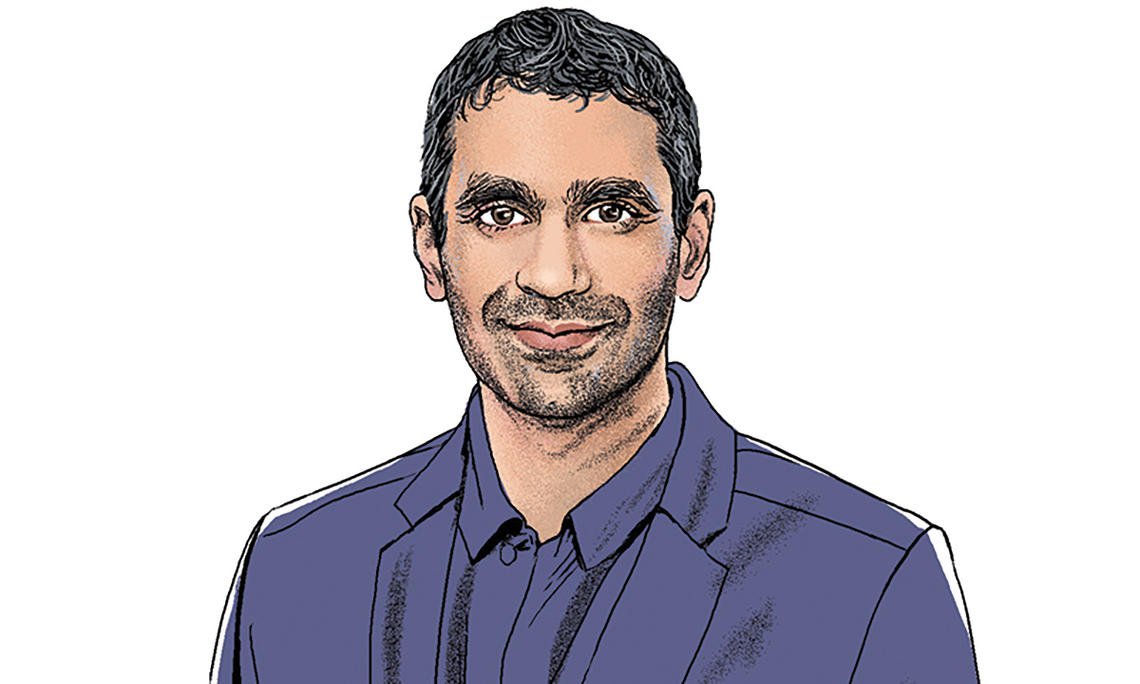
Naveen Verma has had a lifelong love affair with science and mathematics. It drew him into engineering as an undergraduate at the University of British Columbia, but it wasn’t until he enrolled in a unique second-year program focused on the practical applications of science and mathematics that he truly grasped the depth of impact his chosen field of study has had on the world.
Verma’s emphasis on bridging cutting-edge research and real-world impact has defined his career. As he was wrapping up his Ph.D. in electrical engineering at MIT, he found himself wrestling with the decision about whether to continue his work on advanced computer chips in an academic lab or at a company. He ultimately decided to join Princeton but soon discovered the choice was an illusion. At the University, he was able to do fundamental research on next-generation computer chips and sensors while also parlaying this research into a startup. Verma adds, “Bringing [academia and industry] together and opening up the possibilities for both intellectual fulfillment and societal impact is how really profound transformation happens.”
Verma’s Research
A Sampling
If Walls Could Talk
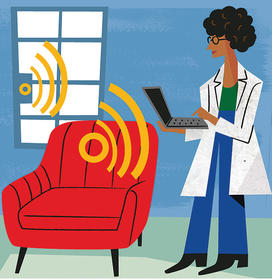
Two areas of AI — advanced computer chips and sensors — have been Verma’s primary research interests since he joined the Princeton faculty in 2009. During his first few years at the University, Verma collaborated with professors James Sturm and Sigurd Wagner as pioneers in the field of large-area electronics, which focuses on creating circuits on plastic, glass, and other nonconventional materials. For example, Verma and his collaborators have developed radios and microphone arrays that can be printed on plastic wallpaper. By embedding sensors directly into surfaces like walls or furniture, AI systems can gather data that includes not just what is happening, but where and in what context. This additional layer of information could significantly enhance the capabilities of AI in applications ranging from home automation to industrial systems. “We can build sensing technologies that preserve the structure of the real world because we as humans organize the world with a lot of structure,” Verma says.
Analog Chips for AI
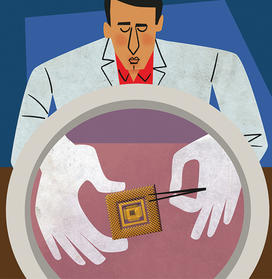
In 2022, Verma co-founded EnCharge AI, a startup developing an advanced AI chip that is based on more than six years of research. Unlike conventional computer chips, which use physically separate components for memory and processing, EnCharge’s chip combines them in a single component. It also uses analog signals rather than digital signals, which allows it to run AI-specific computations far more efficiently. Doing computations in the memory circuit itself not only saves a tremendous amount of energy, but also makes it possible to do more computation because the transfer bottleneck has been eliminated. The challenge is that memory chips themselves are limited in the amount of data they can process. Analog computing can help solve this issue but tends to produce noisier and less accurate computations. Verma’s team has cracked the noise issue in their lab at Princeton and are now on the cusp of bringing the world’s most efficient AI chip to market.
Mentoring Students

Princeton’s Keller Center focuses on bridging the gap between innovation and entrepreneurship by mentoring students pursuing startup ideas based on their research. One of the first projects that Verma led when he became director in 2020 was an initiative to facilitate more knowledge transfer between professors, who have deep research insights, and entrepreneurially minded undergraduates. Verma also spearheaded the Design for Innovation Program, which is focused on helping faculty apply their research outside of an academic setting.







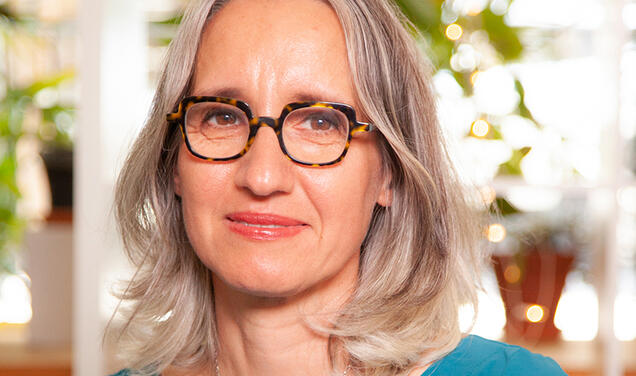
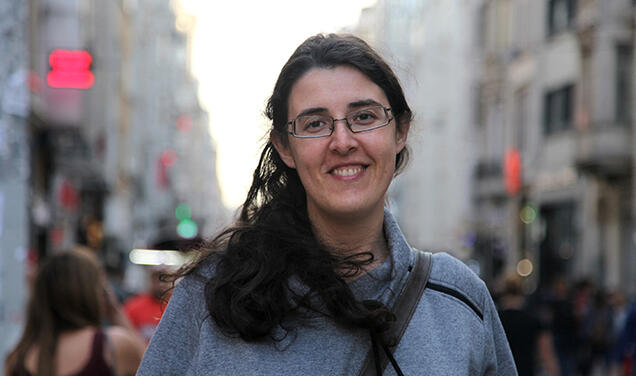

No responses yet